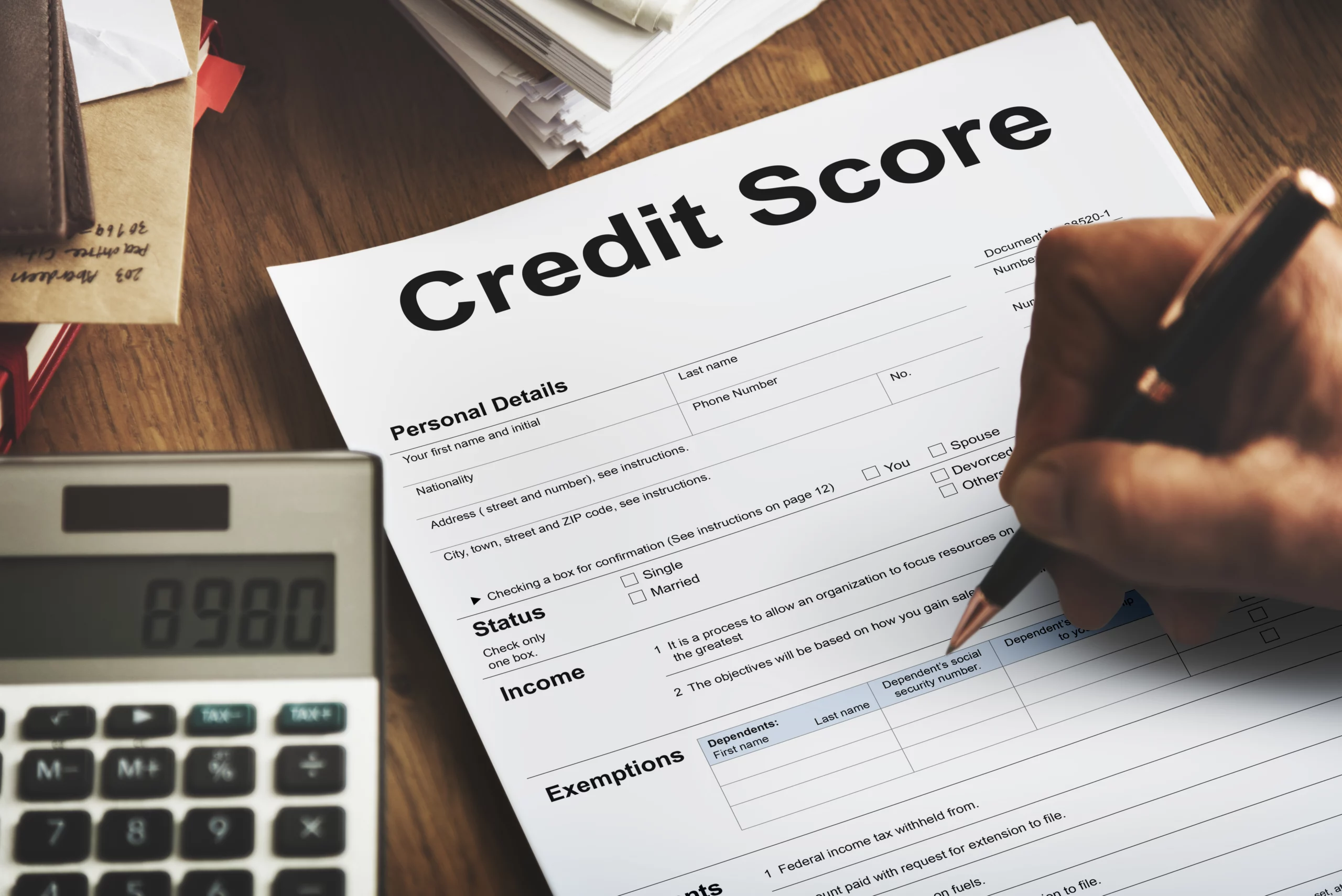Navigating the financing and funding for a business can be challenging, especially when your credit score isn’t where you’d like it to be. If you’re wondering whether you can secure a business Loan Against Property (LAP) with a low CIBIL score, you’re not alone. This blog will guide you through the essentials, from understanding the role of CIBIL scores in loan applications to tips for improving your score.
Is a CIBIL Score Required for a Business Loan Against Property?
A CIBIL score is a numerical summary of your credit history, reflecting your creditworthiness. Lenders rely on this score to assess the risk of lending to you. Typically, a higher CIBIL score indicates lower risk, making it easier to get loans. For a business loan against property, most lenders prefer a CIBIL score above 700. However, having a lower score doesn’t necessarily disqualify you; it just means you may face additional hurdles.
How Does a Bad CIBIL Score Impact Business Loan Against Property?
Depending on the lender, the loan eligibility criteria could vary a little. However, the CIBIL score is a significant factor in deciding a borrower’s possibility of securing a loan almost uniformly, regardless of the lender. A low CIBIL score can significantly impact your ability to secure a Business loan against property.
Here’s how:
Higher Interest Rates
Lenders may charge higher interest rates to compensate for the increased risk.
Stricter Terms and Conditions
You might encounter more stringent loan terms, such as shorter repayment periods or higher processing fees.
Lower Loan Amount
The amount you can borrow might be lower, as lenders may not be willing to extend a large loan to someone with a poor credit history.
Lenders view a low CIBIL score as a sign of financial instability, which could lead to defaults. Therefore, they are more cautious when approving loans for individuals with lower scores.
Applying for a Business Loan Against Property with a Low CIBIL Score
You could secure an BLAP with a low CIBIL score if you take the right steps to improve your chances. Here are a few things you could do, to make sure you get the BLAP:
Leverage the Collateral
The value of your property can play a crucial role. A high-value property can offset the risk associated with a low credit score.
Find Alternative Lenders
Some financial institutions specialise in lending to individuals with low credit scores. These lenders might be more flexible with their terms.
Use Existing Relationships
If you have a long-standing relationship with a bank or financial institution, they might consider your application more favourably despite your low score.
Prove a Stable Income (H3)
Demonstrating a stable and sufficient income can reassure lenders of your ability to repay the loan.
Co-applicant
Having a co-applicant with a good credit score can significantly boost your chances of approval.
Some lenders offer housing loans with lower credit scores, though this is very uncommon. With a credit score above 600, more options open up. Conventional mortgages require a score of 620 to qualify.
Importance of a High CIBIL Score
Improving your CIBIL score is essential for better financial opportunities. Here’s how you can do it:
- Pay the bills EMIs on time
- Keep your credit utilisation ratio below 30%
- Avoid multiple loan or credit card applications
- Regularly review your credit report for inaccuracies
Maintaining a high CIBIL score has many long-term benefits:
Easier Access to Loans
A good score makes it easier to secure loans and credit.
Better Interest Rates
Lenders offer lower interest rates to individuals with high credit scores.
Higher Loan Amounts
You can qualify for larger loan amounts, providing more financial flexibility.
A high CIBIL score not only simplifies borrowing but also contributes to overall financial health and stability, making it easier to manage and grow your finances.
It is crucial to maintain a good CIBIL score because it tends to drop quickly by 4-5 points with negative actions but improves very slowly. This means that while negative impacts are immediate, positive changes take longer to reflect in your score. If your CIBIL score is not updated even after completing all the repayments of the loan punctually, raise a ticket for such an error immediately. Once the bureau has investigated the case, if they find the error to be on their part, the updates will be effected.
Conclusion
While a low CIBIL score poses challenges, securing a business loan against property is still possible with the right approach. Focus on leveraging the value of your property, seeking alternative lenders, and improving your financial habits. By taking these steps, you can enhance your creditworthiness and open the door to better financial opportunities.
FAQs:
What is the Lowest Credit Score for a Land Loan?
To qualify for a land loan, borrowers typically need to have a good credit score. Generally, lenders require a credit score of 700 or above to approve a land loan. This high credit score demonstrates the borrower’s creditworthiness and ability to manage financial responsibilities, making lenders more confident in extending the loan.
Does Owning Property Affect Credit Score?
Owning property can impact your credit score in a few ways. Initially, taking on a mortgage may slightly lower your score. However, if you manage your mortgage responsibly by making timely payments and staying within your budget, homeownership can significantly strengthen your credit over time. It’s a great step toward a financially secure future, helping to build a robust credit history.



